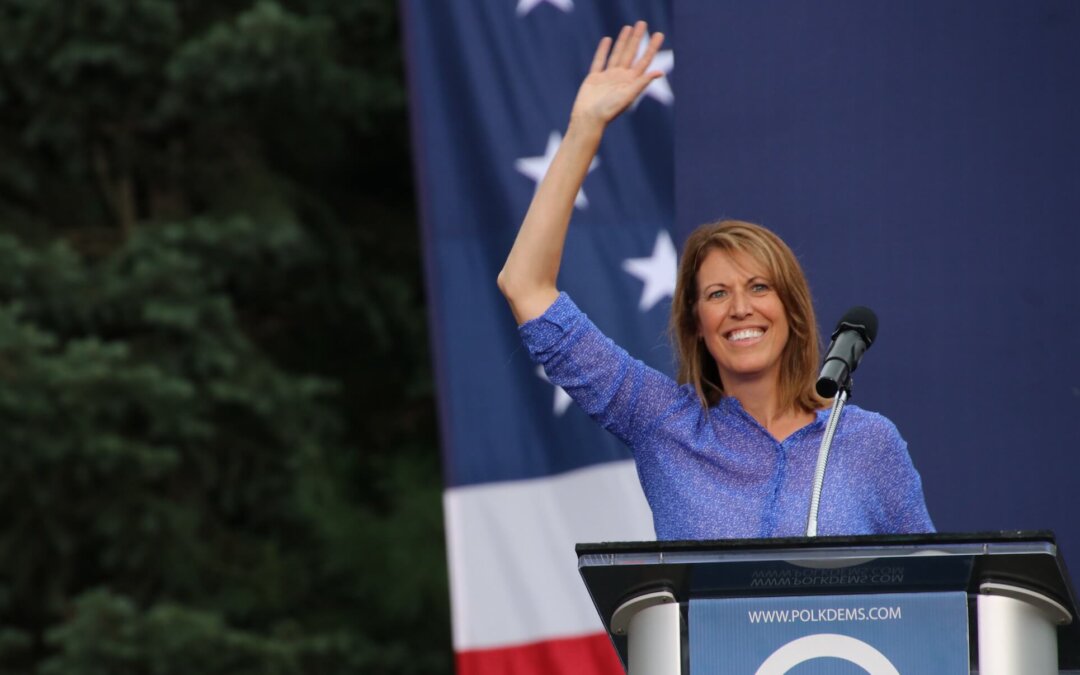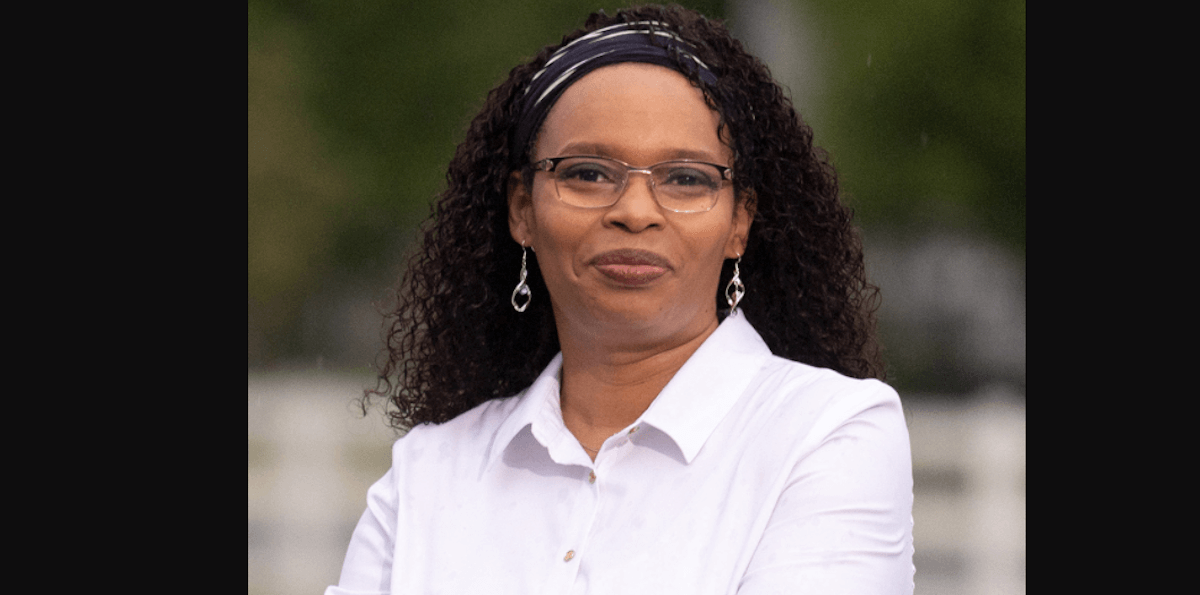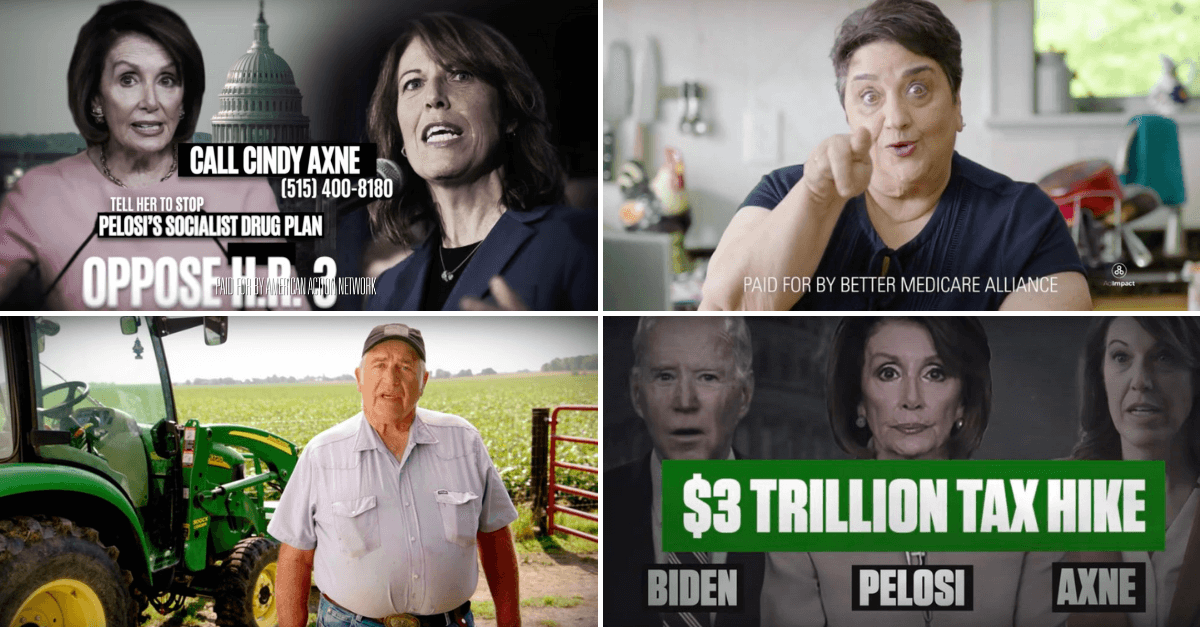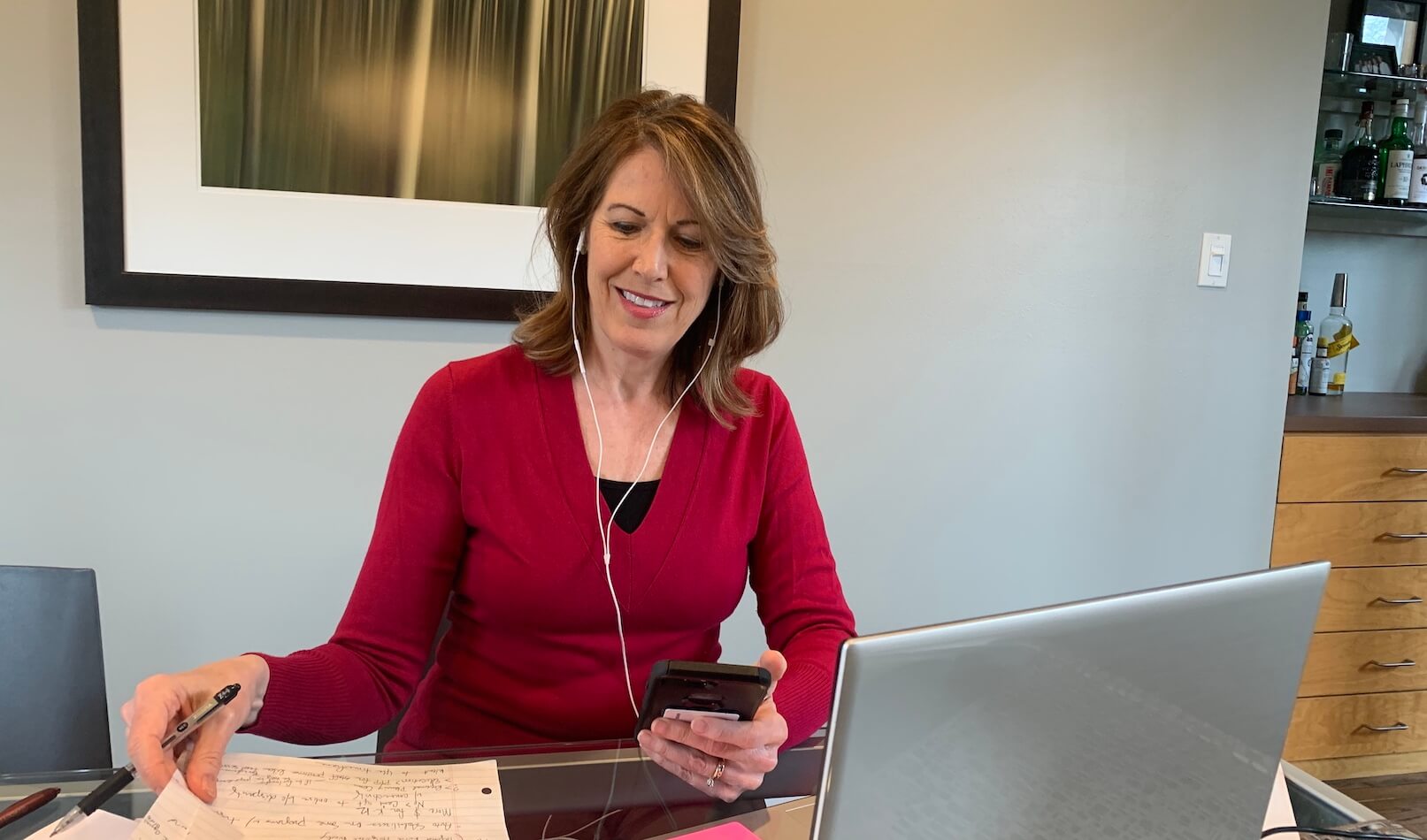
Congresswoman Cindy Axne heard from several Iowa mayors Wednesday who are expecting multi-million-dollar budget shortfalls this year due to the coronavirus pandemic, with lasting impacts on local businesses, recreational offerings and municipal services still unknown.
Council Bluffs Mayor Matt Walsh estimates his city will lose $5.2 million in Fiscal Year 2020, concluding June 30. Gabe Carroll, the mayor of Creston, figured his town of about 10,000 people will lose at least $1 million in revenue.
And then there is Corning, in Adams County, which has reported no positive cases of COVID-19 but still is experiencing the economic fallout.
“We are still experiencing the same financial issues that the entire state and country is experiencing,” said Mayor Janice Leonard, noting the loss of revenue from the road use tax fund, hotel/motel tax, suspended grants, limited municipal income and a myriad other financial streams that have dried up as businesses close and Iowans stay home.
[inline-ad id=”3″]
To help combat the loss of revenue experienced by local governments and states, this week Axne and Republican Rep. Pete King of New York introduced a bill to create a $500 billion grant program to “make up for the full shortfall in income, property, sales, and other taxes for the remainder of the (calendar) year.”
“Unfortunately, COVID-19 is not in our rearview mirror year,” Axne said Wednesday on a conference call with eight mayors in the 3rd Congressional District. “We’re seeing states like ours, in particular the Midwest and South, now becoming hot spots and we’ve got to make sure we’ve got everything that we need here so that we don’t decline any further and our economy doesn’t continue to sink.
“I’ll be honest, of all the issues that we’ve been talking about with COVID-19, the lack of revenue for cities and counties has not been one of the most talked about issues,” the congresswoman continued, “and I see this as one of the biggest issues that will be facing us and one of the most detrimental if we don’t get ahead of it.”
[inline-ad id=”0″]
Although the $2 trillion CARES Act passed at the end of March provides $150 billion for state, local and tribal governments to cover costs related to COVID-19, the Coronavirus Relief Fund stipulates communities with populations under 500,000 must rely on funding allocations through their states rather than direct financial assistance awarded to large cities.
That disparity is what Axne seeks to fix in the Coronavirus State and Local Financial Assistance Act.
“I expect to see this being apart of our — hopefully — next upcoming coronavirus package,” Axne said.
While House members continue to work from their home districts, the Senate returned to Washington, D.C., this week. Based on news reports about Senate Majority Leader Mitch McConnell, it is unclear whether he will cooperate on additional funding for coronavirus relief or if his focus will be to push through more judicial appointments.
[inline-ad id=”1″]
With each passing day, local and state budgets plunge further into the red as they try to make it through Fiscal Year ’20 and plan for FY 2021, beginning July 1. The Iowa Legislature suspended session mid-March and has yet to return, leaving the multi-billion-dollar state budget unfinished.
Des Moines Mayor Frank Cownie said in a 60-day period, between March 15 and May 15, he expected the city to lose about $18 million.
“Congresswoman, I’ll do everything that I can to try and help you out,” Cownie said, noting his support for the bill and his position on the U.S. Conference of Mayors executive board.
On the opposite end of the population spectrum, Sidney mayor Peter Johnson said parts of rural Iowa already were in crisis and some towns were “on the brink” of economic collapse before the pandemic, making current circumstances all the more dire.
“Beyond the exacerbated costs at a local level, you have the social costs and this loss of community, especially in these small communities where it’s hard to get people together, it’s hard to sustain these local businesses because you have low traffic in business,” Johnson said.
[inline-ad id=”2″]
At the conclusion of the hour-long call, Axne reiterated her commitment to boosting local and state budgets, pausing throughout the meeting to ask members of her staff to follow up with individual mayors on issues specific to their communities.
Throughout her time at home, Axne has connected with individuals, business leaders and health care professionals to hear on-the-ground accounts of the pandemic’s effect on her district, even embarking on a “virtual tour” of the 16 counties she represents.
“I have absolutely no problem chasing the Speaker down for anything,” Axne said. “I think it’s one of the most important ways we can improve economic viability for our entire country is to support Midwest states — rural, urban, combined states — and not just be thinking about those big urban coastal sectors. The work is getting done here in the heartland, and we need all the support we can get.”
By Elizabeth Meyer
Posted 5/6/20
Iowa Starting Line is an independently-owned progressive news outlet devoted to providing unique, insightful coverage on Iowa news and politics. We need reader support to continue operating — please donate here. Follow us on Twitter and Facebook for more coverage.
Politics
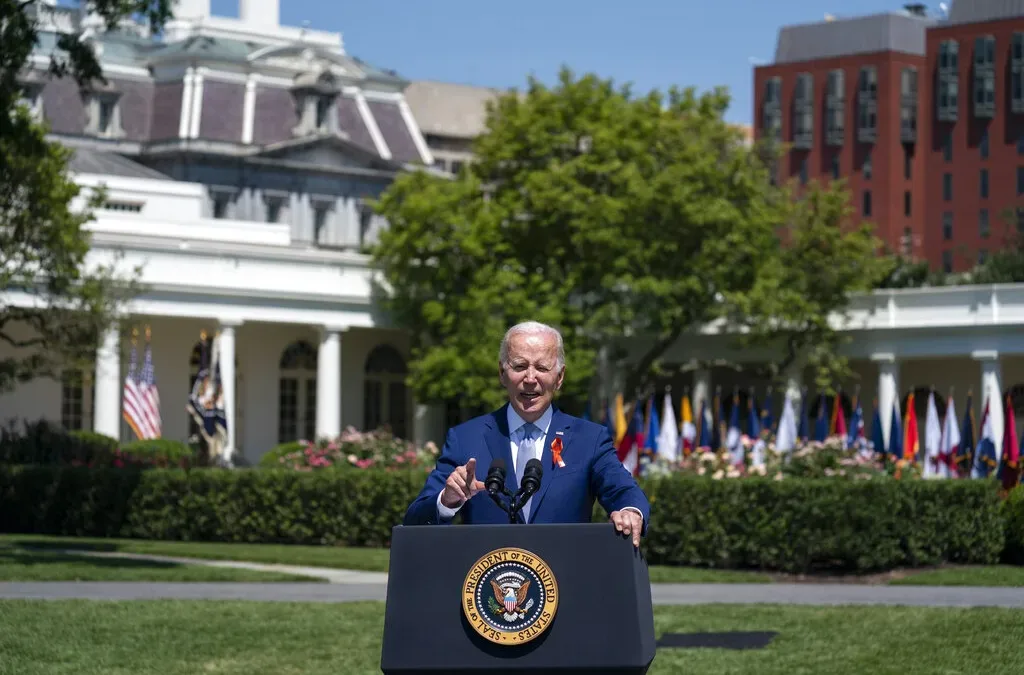
Biden announces new action to address gun sale loopholes
The Biden administration on Thursday announced new action to crack down on the sale of firearms without background checks and prevent the illegal...
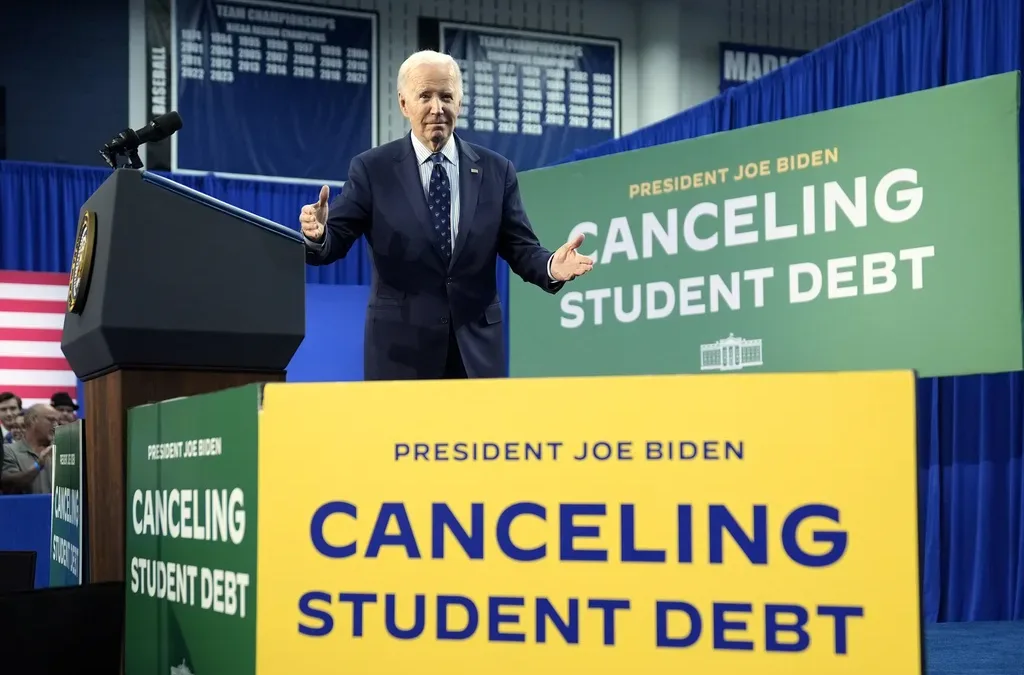
Biden cancels student loan debt for 2,690 more Iowans
The Biden administration on Friday announced its cancellation of an additional $7.4 billion in student debt for 277,000 borrowers, including 2,690...
Local News

No more Kum & Go? New owner Maverik of Utah retiring famous brand
Will Kum & Go have come and gone by next year? One new report claims that's the plan by the store's new owners. The Iowa-based convenience store...

Here’s a recap of the biggest headlines Iowa celebs made In 2023
For these famous Iowans, 2023 was a year of controversy, career highlights, and full-circle moments. Here’s how 2023 went for the following Iowans:...


